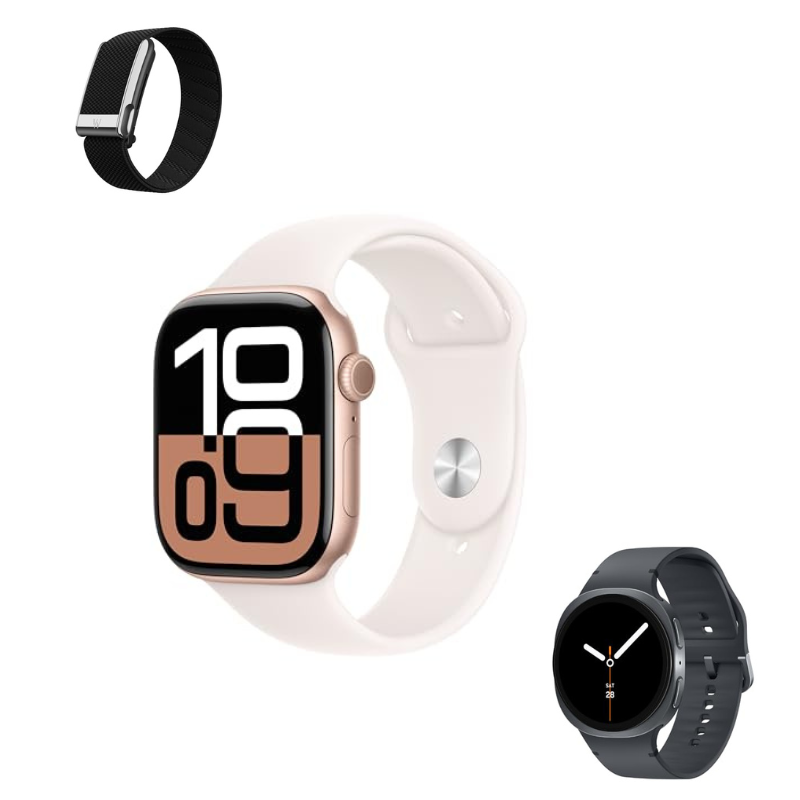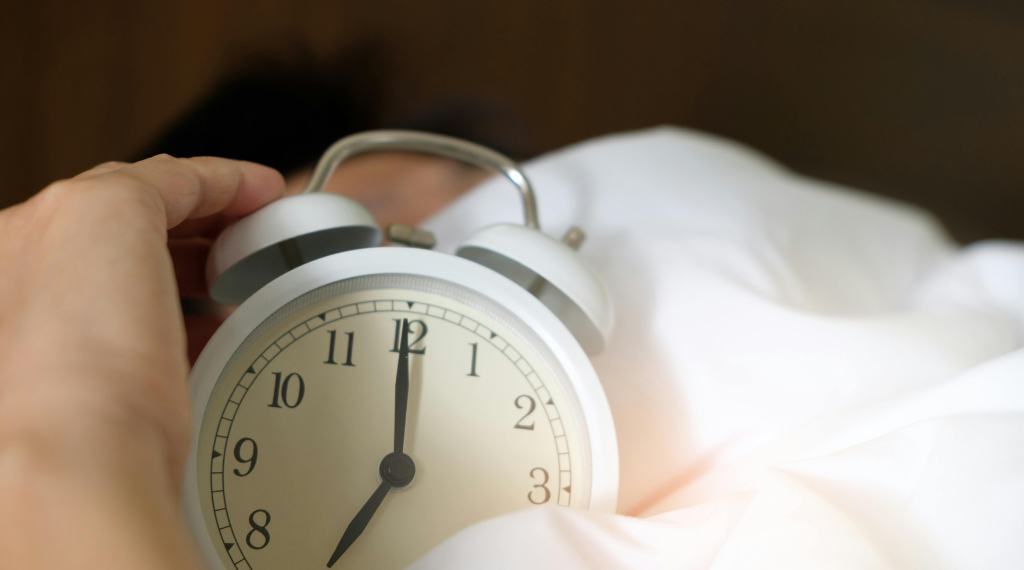Getting enough quality sleep has become a top priority in today’s busy world. With the rise of smartwatches, sleep apps, and wearable devices, millions of people are now tracking their nightly rest to improve overall health and productivity. But why has sleep tracking become such a global trend?
Why Sleep Matters More Than Ever
Doctors agree: sleep affects everything from brain health to weight management. According to the CDC, adults need at least 7 hours of sleep per night, yet nearly one-third of people fail to meet this standard.
The Technology Behind Sleep Tracking
Modern devices like the Apple Watch, Fitbit, and Oura Ring use sensors to monitor:
- Heart rate and breathing patterns
- Sleep cycles (REM, deep sleep, light sleep)
- Body temperature and movement
This data is then analyzed to give users a clear picture of their sleep quality.

Benefits for Health and Lifestyle
- Improved Productivity – Tracking helps people identify bad habits like late-night screen time.
- Better Mental Health – Studies link good sleep to lower anxiety and depression. (NIH Source)
- Weight Control – Poor sleep can disrupt hormones related to hunger and metabolism.
Potential Risks and Concerns
Experts warn against becoming too dependent on data. Over-tracking can lead to “orthosomnia” — anxiety about not sleeping enough. Balance is key.
The Future of Sleep Tech
From smart mattresses to AI-driven sleep coaching, the market is projected to grow rapidly. Analysts estimate the global sleep tech industry could exceed $100 billion by 2030.

Sleep is no longer just about rest — it’s becoming a lifestyle choice. With technology leading the way, people now have more tools than ever to unlock healthier, more productive lives.
Recommended Reading: National Sleep Foundation for more tips on healthy sleep.



